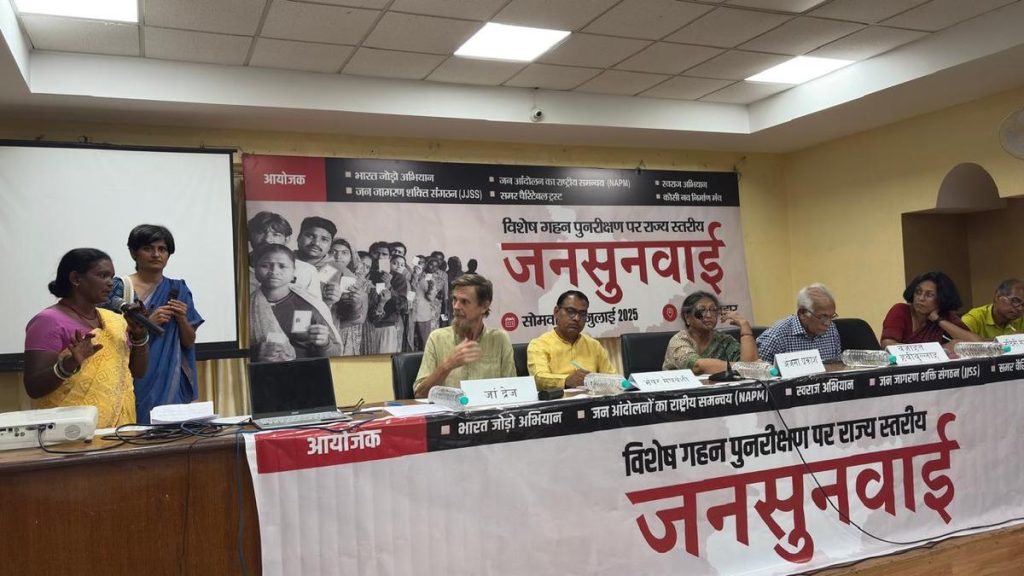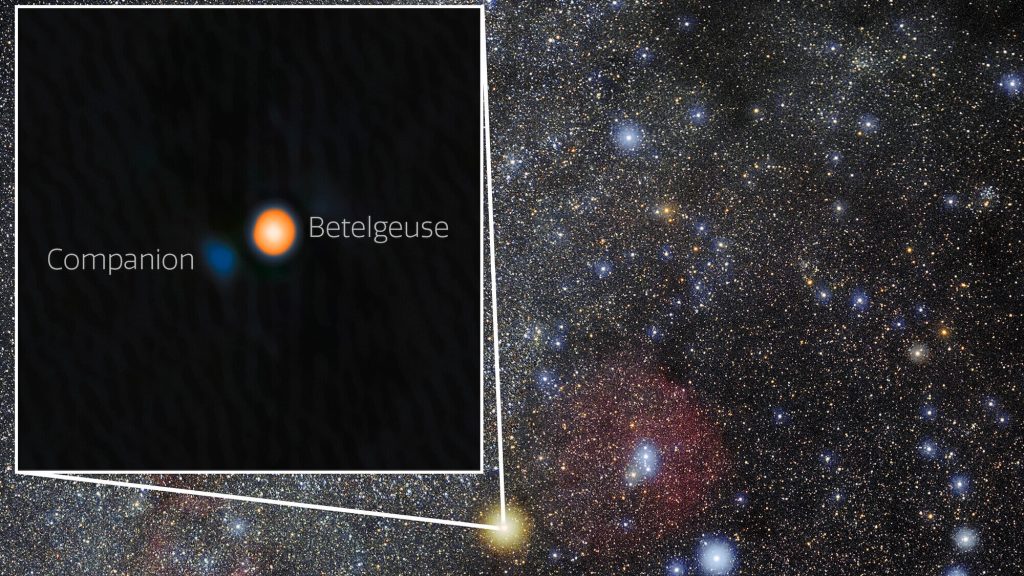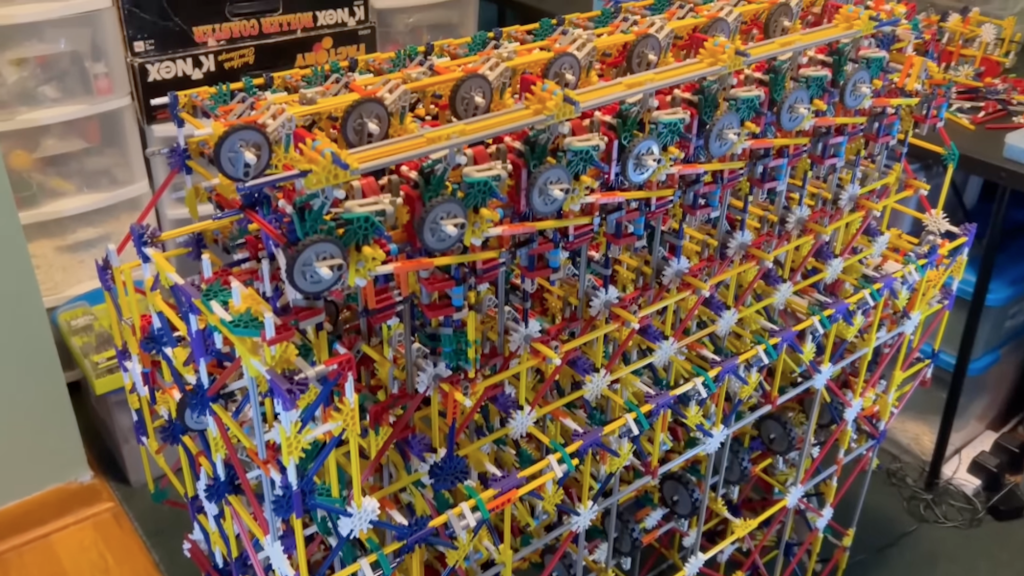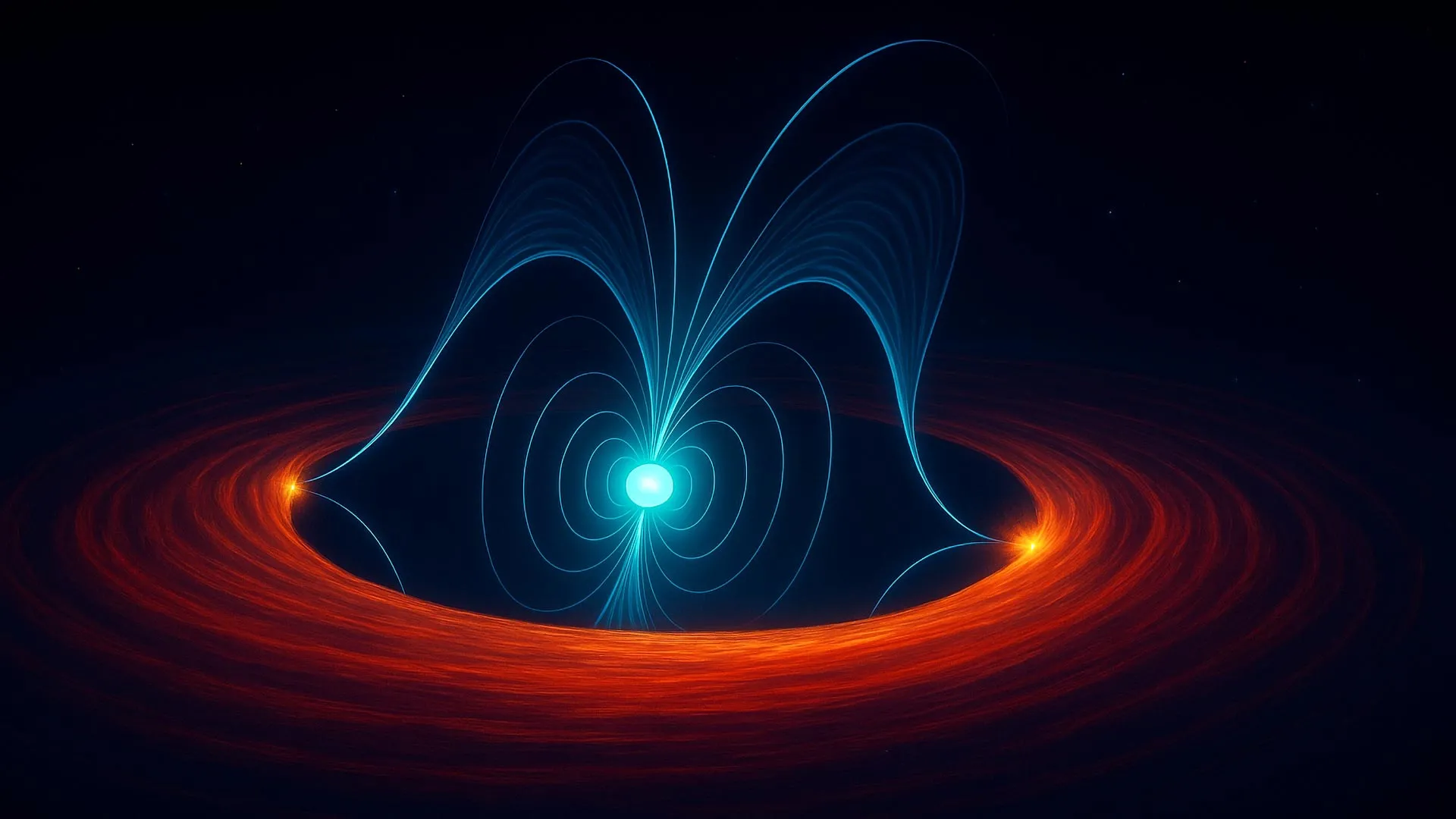Now Reading: Tiny Metal Unlocks Magnetism, Paving Way for Next-Gen Electronics
-
01
Tiny Metal Unlocks Magnetism, Paving Way for Next-Gen Electronics
Tiny Metal Unlocks Magnetism, Paving Way for Next-Gen Electronics
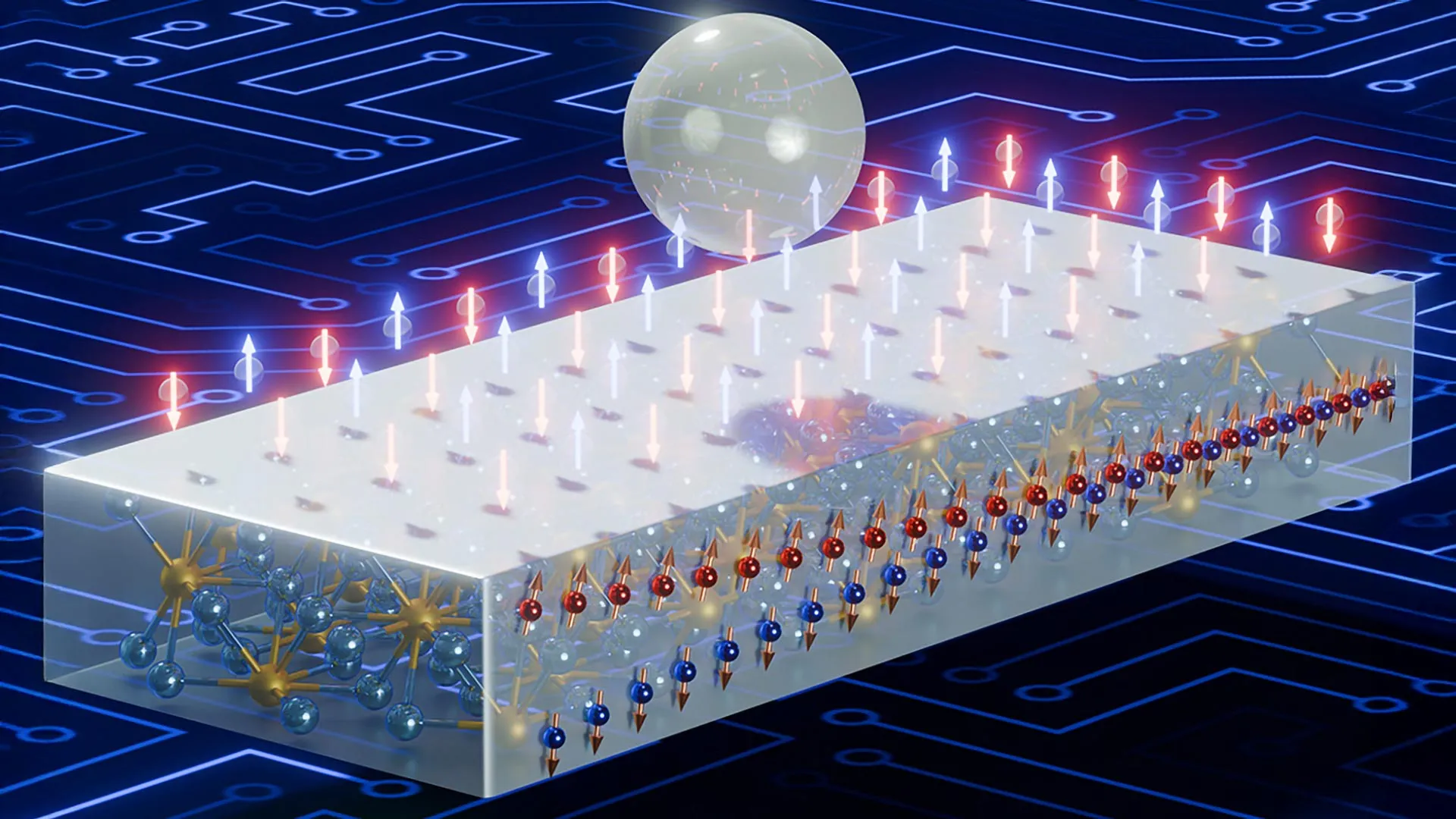
Rapid Summary
- Researchers at the University of minnesota Twin Cities unveiled new findings on a material, Ni₄W (nickel-tungsten), that could make computer memory faster and more energy-efficient.
- The study was published in Advanced Materials and is backed by a patent.
- Ni₄W exhibits powerful spin-orbit torque (SOT), enabling efficient magnetization control in electronic devices for low-energy consumption and high-speed functionality.
- Key advantages include lower energy usage for data writing, field-free switching of magnetic states without external magnetic fields, and its ability to generate spin currents in multiple directions.
- The material is cost-effective, made from common metals, and can be manufactured using standard industrial processes-making it attractive for technological applications like smartphones, smart watches, and data centers.
- Researchers plan to miniaturize Ni₄W-based devices further as part of their next steps.
- This project received support from SMART (Spintronic Materials for Advanced Data Technologies) under the nCORE program led by the National Institute of Standards and Technology.
Indian Opinion Analysis
The exploration into materials like Ni₄W highlights progress toward addressing global technology challenges such as energy consumption. For India-a rapidly digitizing nation with growing IT sectors-advancements in low-energy computing are significant as they align with goals to reduce electricity demand while scaling digital infrastructure sustainably.Implementation of cost-efficient materials that enhance device efficiency could benefit India’s expanding reliance on cloud storage systems and connected technologies-from consumer electronics to large-scale data centers integral to economic growth. Collaborations focused on emerging technologies might also serve India’s semiconductor ambitions by emphasizing environmentally friendly approaches without sacrificing performance gains.




